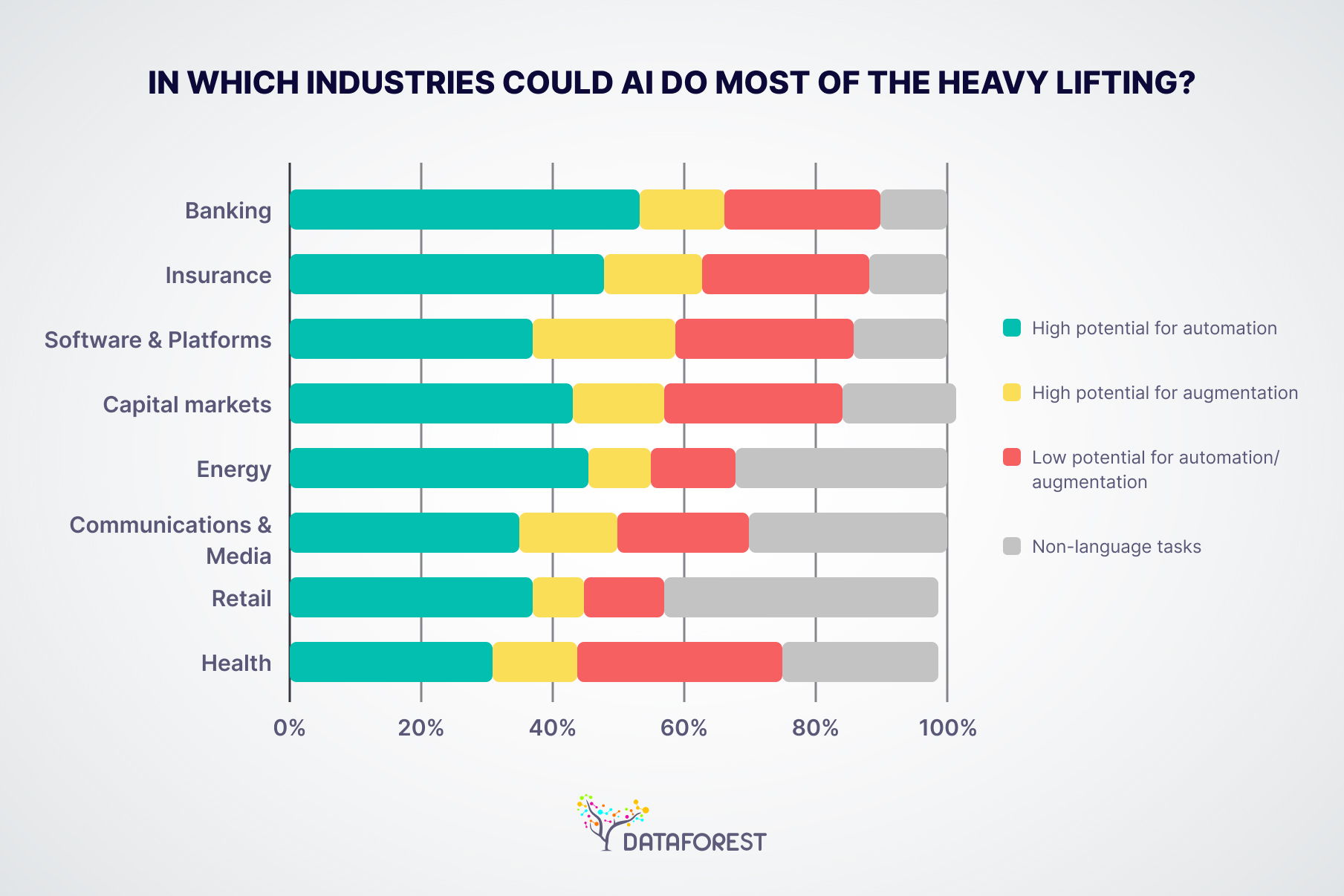Emerging Digital Marketing Trends and Technologies for Insurance Agents
The insurance industry is undergoing rapid digital transformation, driven by evolving consumer expectations, technological advancements, and increased competition. Insurance agents who adapt to these changes can gain a significant edge in attracting and retaining clients. Below is a structured overview of the most impactful digital marketing trends and technologies for insurance agents in 2025.
Hyper-Personalization and AI-Driven Marketing
- AI-Powered Personalization: Artificial intelligence enables agents to deliver highly personalized marketing messages, segment audiences, and tailor campaigns based on individual client data, behaviors, and preferences. This approach increases engagement, conversion rates, and customer satisfaction.
- Lead Scoring and Automation: AI tools streamline lead scoring, email personalization, and trend analysis, allowing agents to focus on high-value relationships while automating routine tasks.
- Chatbots and Conversational AI: Integrating chatbots on websites and social platforms provides instant, 24/7 customer support, answers FAQs, and guides prospects through the sales funnel.
Content and Video Marketing
- Video Content Dominance: Explainer videos, customer testimonials, live Q&A sessions, and short-form videos (e.g., Instagram Reels, TikTok) are highly effective for simplifying complex insurance topics and building trust.
- Educational Content: Blogs, webinars, white papers, and podcasts position agents as thought leaders and address client pain points directly.
- Brand Storytelling: Authentic, value-driven content (rather than generic ads) resonates more with audiences experiencing ad fatigue.
Social Media and Influencer Marketing
- Platform Diversification: Beyond Facebook and LinkedIn, agents should explore TikTok, Threads, and Instagram to reach younger demographics and stay relevant.
- Influencer Partnerships: Collaborating with trusted local influencers or industry experts can amplify reach and credibility, especially in niche markets.
- Community Engagement: Active participation in local online communities and groups builds trust and visibility.
Search and Local Visibility
- SEO and Local SEO: Optimizing websites for search engines and local keywords ensures agents appear in relevant searches, especially for location-based services.
- Voice Search Optimization: As voice-assisted devices grow in popularity, optimizing content for voice search queries becomes increasingly important.
- Google Business Profile: Maintaining an up-to-date Google Business Profile enhances local discoverability and credibility.
Omnichannel and Integrated Marketing
- Consistent Brand Experience: Delivering a seamless experience across websites, social media, email, and even offline channels (e.g., seminars, events) strengthens brand recognition and client loyalty.
- Email Marketing: Personalized, segmented email campaigns remain a powerful tool for nurturing leads and retaining clients.
- PPC Advertising: Pay-per-click campaigns, when targeted and optimized, can drive qualified traffic to agent websites.
Data Analytics and Performance Tracking
- Real-Time Analytics: Monitoring campaign performance with tools like Google Analytics allows agents to optimize strategies, allocate budgets effectively, and demonstrate ROI.
- Predictive Analytics: Leveraging data to anticipate client needs and market trends enables proactive marketing and better customer service.
Emerging Technologies
- Augmented Reality (AR): AR can be used for virtual home inspections, policy visualizations, or interactive educational content, enhancing client engagement.
- Voice and Chat Interfaces: Beyond chatbots, voice-activated interfaces and messaging apps are becoming important touchpoints for client communication.
- Privacy-First Solutions: With increasing data privacy regulations, agents must adopt marketing technologies that prioritize client data security and compliance.
Summary Table: Key Trends and Technologies
| Trend/Technology | Description | Impact |
|---|---|---|
| AI & Personalization | Tailored messaging, automation, chatbots | Higher engagement, efficiency |
| Video Content | Explainer videos, testimonials, live Q&A | Trust-building, education |
| Social Media & Influencers | Platform diversification, influencer collabs | Broader reach, credibility |
| SEO & Local SEO | Search optimization, voice search, Google Profile | Improved discoverability |
| Omnichannel Marketing | Consistent experience across all channels | Brand loyalty, client retention |
| Data Analytics | Real-time tracking, predictive insights | Smarter decisions, proven ROI |
| Emerging Tech (AR, Voice) | AR for inspections, voice interfaces | Enhanced client experience |
Actionable Recommendations
- Adopt AI tools for personalization, automation, and analytics to stay competitive.
- Invest in video and educational content to build trust and simplify insurance concepts.
- Expand social media presence to newer platforms and consider influencer partnerships.
- Optimize for local and voice search to capture more qualified leads.
- Monitor performance and adjust strategies based on real-time data.
- Explore emerging technologies like AR and voice interfaces to differentiate your agency.
By embracing these trends, insurance agents can not only meet but exceed the expectations of today’s digitally savvy clients, driving growth and loyalty in an increasingly competitive market.





